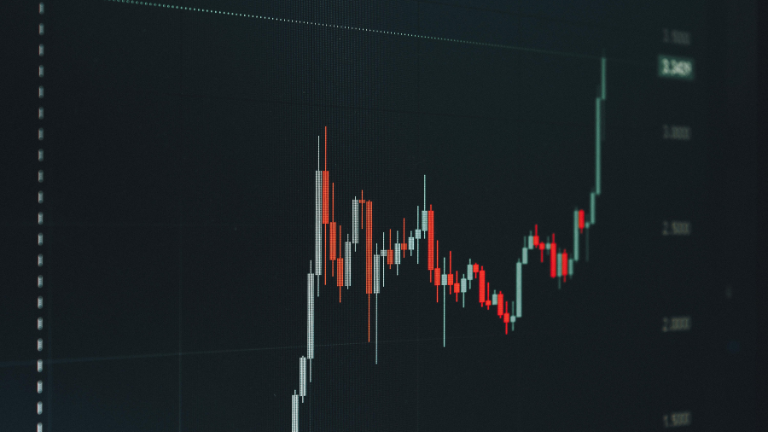Global forex trading is significantly influenced by various regional economic trends, particularly developments in emerging markets. These economies, such as Brazil, India, South Africa, and China, have experienced rapid growth over the past few decades, and their evolving economic conditions are increasingly shaping the dynamics of global currency markets. For traders, understanding how economic trends in these emerging markets impact major currencies offers a competitive advantage.
Understanding Emerging Markets in Forex Trading
Emerging markets refer to economies that are transitioning from low-income to middle-income status, often characterized by high growth rates, industrialization, and increasing integration into the global economy. Countries like China, India, Mexico, and Turkey represent key players in this category. These markets exhibit high volatility and substantial growth potential, which makes them attractive but also risky for forex traders.
In the context of emerging markets forex trading, the economic indicators of these nations—including GDP growth, inflation rates, trade balances, and interest rate policies—play a crucial role in shaping global currency trends. Traders who actively monitor these indicators can gain insights into how currency pairs, such as the USD/BRL (US dollar to Brazilian real) or USD/CNY (US dollar to Chinese yuan), will move.
Economic Developments and Their Impact on Major Currencies
Growth Prospects and GDP Expansion
Emerging markets often exhibit faster GDP growth rates than developed economies. This rapid growth leads to an increased demand for foreign capital and investment, which in turn influences currency values. When a country like India or China experiences strong economic expansion, the domestic currency may appreciate against major currencies like the US dollar (USD) or the euro (EUR).
Forex traders looking to capitalize on this trend can monitor GDP growth forecasts to determine when to buy or sell emerging market currencies. For example, China’s consistent GDP growth has led to the yuan strengthening in recent years. However, when growth stalls or there are concerns about economic instability, these currencies can rapidly depreciate. This volatility is a key feature of emerging markets forex trading that traders must account for.
Interest Rates and Monetary Policy
Interest rates are a major driver in forex markets, and central banks in emerging markets often adjust them to manage inflation and stimulate growth. A country like Brazil may raise interest rates to curb inflation, which can lead to higher yields for investors holding Brazilian reals (BRL). As a result, demand for the BRL increases, pushing up its value relative to other currencies like the USD.
However, emerging markets tend to face external risks, such as global financial conditions or commodity price shocks, which can impact their monetary policies. Traders should keep a close watch on central bank actions in these countries and how they affect forex market sentiment. Interest rate differentials between emerging markets and developed nations are crucial in emerging markets forex trading strategies.
Political Instability and Market Volatility
Political risks are a constant concern when trading emerging market currencies. Events such as elections, policy changes, or geopolitical conflicts can lead to rapid currency fluctuations. For example, political instability in South Africa has periodically caused the South African rand (ZAR) to depreciate sharply against the USD. In these situations, emerging markets can see capital flight, where investors move funds to safer, more stable economies.
This outflow of capital weakens the local currency and increases volatility. As a result, traders must factor in the political climate when participating in emerging markets forex trading. Staying informed about upcoming elections, government policies, or geopolitical developments can provide critical insights for managing risk.
Key Considerations for Forex Traders
- Diversification
Emerging markets are more volatile than developed economies, so forex traders should diversify their portfolios to manage risk effectively. Balancing trades between emerging and major currencies can reduce exposure to sudden market shifts. - Long-Term vs. Short-Term Strategies
Short-term forex traders might capitalize on rapid fluctuations in emerging market currencies driven by economic announcements or political events. However, long-term investors often focus on macroeconomic trends such as sustained GDP growth or favorable interest rates in these markets. - Understanding Commodity Dependencies
Many emerging markets rely on commodities like oil, metals, or agricultural products. Forex traders should be aware of how global commodity prices impact these currencies. For instance, the Russian ruble (RUB) is highly correlated with oil prices, and any fluctuations in oil markets directly affect the ruble’s value.
Conclusion
Emerging markets are increasingly shaping the global forex landscape, offering both opportunities and challenges for traders. Economic developments such as GDP growth, interest rate policies, and political stability are key factors that impact currency values in these markets. By staying informed about these trends, forex traders can develop strategies that account for the unique risks and rewards of emerging markets forex trading. As these economies continue to grow and integrate into the global system, their currencies will remain influential players in global forex trading, providing a rich landscape for both short-term and long-term trading opportunities.
